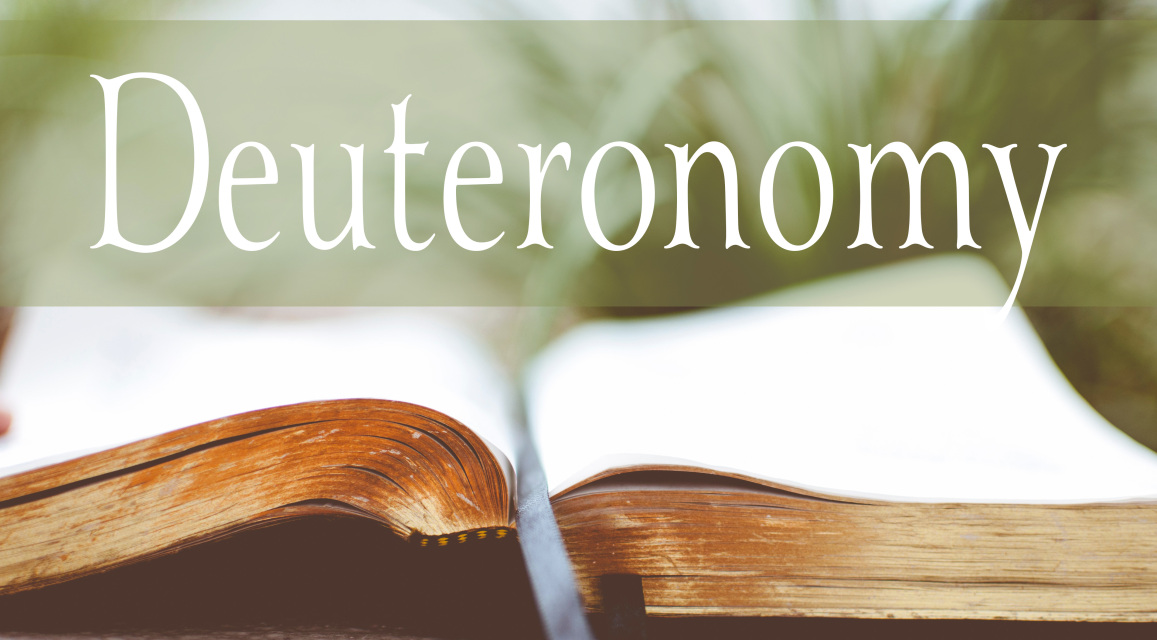"These are the statutes and rules that you shall be careful to do in the land that the Lord, the God of your fathers, has given you to possess, all the days that you live on the earth. You shall surely destroy all the places where the nations whom you shall dispossess served their gods, on the high mountains and on the high hills and under every green tree. You shall tear down their altars and dash in pieces their pillars and burn their Asherim with fire. You shall chop down the carved images of their gods and destroy their name out of that place. You shall not worship the Lord your God in that way. But you shall seek the place that the Lord your God will choose out of all your tribes to put His name and make His habitations there" (Deuteronomy 12:1-5).
We in America brag of our freedom of religion. Not only are there Christian (real or not) denominations of every description, but we also boast of our Jewish synagogues, Islamic mosques, and Hindu and Buddhist temples. And that doesn't even include the various varieties of nonreligious or irreligious Americans, even including Satanists.
I think the contrast between those two paragraphs should be clear to anyone. Yet the pietists and dispensationalists have eliminated any evidence or discussion of what God said in Deuteronomy, as if the pluralism of modern America were the case from the days of creation.
The pietist claims that the Christian faith is a private affair, "a relationship, not a religion." So the less visible his religion is, outside of church and home prayer, the more spiritual he feels.
On the other hand, the dispensationalist claims that God's commandment here was for Israel, and ended with the coming of Jesus. After all, does it not refer to their "land"?
And it does. Do we have no references to the land given to Jesus, and His body, the Church? "Ask of Me, and I will make the nations Your heritage, and the ends of the earth Your possession" (Psalm 2:8). That is the promise of the Father to the Son, in the intra-Trinitarian covenant, made before the world was created. And did Jesus ever claim that promise? "All authority in Heaven and on earth has been given to Me. Go, therefore, and make disciples of all nations" (Matthew 28:18-19). The commandment was limited to the land, but the land was expanded to include the whole earth!
As a Presbyterian, I am aware of the impact that this conflict has had on my own tradition. When the Westminster Standards were originally written, they included the presumption of establishmentarianism. However, after the US Constitution was adopted, American Presbyterians changed our standards to reflect the new political enthusiasm for religious freedom. I am disappointed that they chose a political justification over the requirements of Scripture.
Neither political considerations nor pietistic latitudinarianism can override what God has commanded in His word. And that is that His truth is the only truth, and must displace all competing, but false, claims of truth.

No comments:
Post a Comment